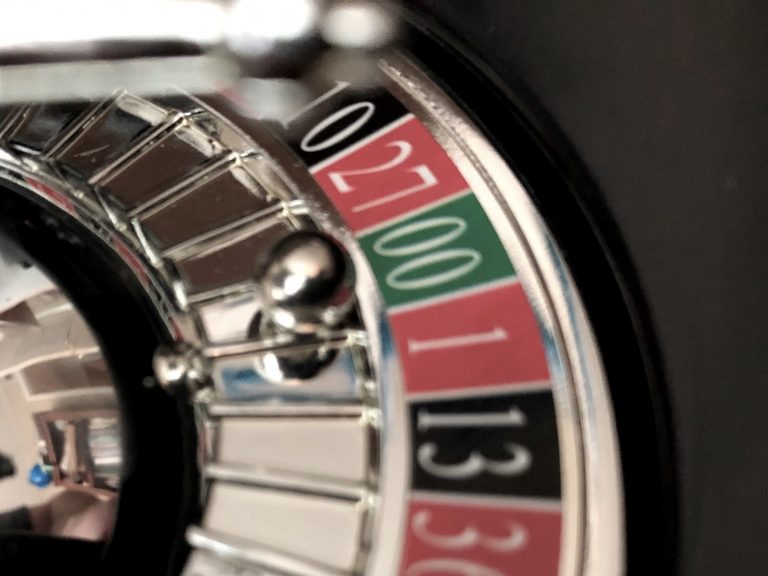The winner takes it all
 Copyright© Miklos Szegedi – 2020
Copyright© Miklos Szegedi – 2020
An interesting thought experiment is the historic story of the Gordion Knot.
Alexandros, the Macedonian leader led a Greek army to the east to conquer the empires there. When he reached the city of Gordion, he was presented with the puzzle. It was said, whoever solves it will be the leader of the world known that time. Alexandros cut it. He was wrong.
The general, who created it, probably had these things in mind. It is a was probably a psychological test.
If you cut it, you are a psychopath. Someone built something respectful albeit suboptimal and you do not even bother with it. The message it says to everywhere you go is that you are aggressive and you do not listen. You will probably face lots of resistance.
If you try to solve it, you are a sociopath. What you try to do is to smart yourself out of the situation and learn the attitude of the people living there and move on. However, you are not a leader. You bowed in front of something that you believe is smarter and you wasted time, so that the general in Persia can collect their troops.
You may realize this and keep your face by adding to it making it more complicated. It makes it more difficult for someone coming behind. However, you did not bother solving it, so all it will be is just something like a 4000 pages long book of financial law. It won’t be respectable and your act proves that you are impatient and proud.
Finally you can leave it. Someone making puzzles cannot be trusted. Beautiful ladies are waiting in Persia, you are just wasting time. Once you have seen the world you will have the knowledge to return and solve it if you see it worth it. You also show respect by not destroying existing art and you may find less resistance in your path forward. Anybody coming behind will face similar questions, so they cannot reach you by the rules.
War comes with casualties, if you do not want casualties do not do wars. You will not just lead but rule your own world. You show that nobody can take your precious time or youth just if you decide so. This is the basis of most constitutions in the 22nd century.